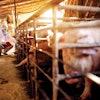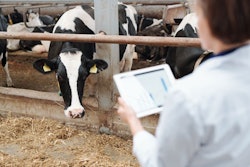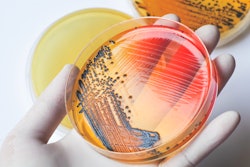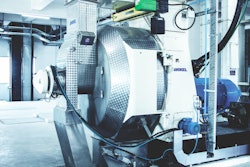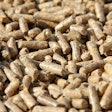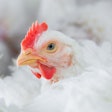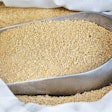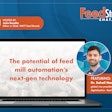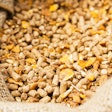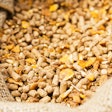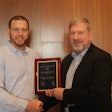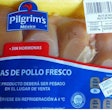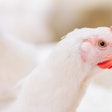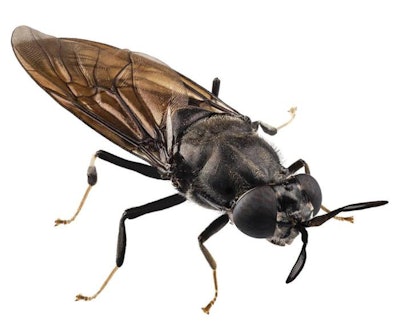
Both startups, which focus on insect meal for animal feed, plan for rapid expansion
Two startups aim to make insect meal more available for aquafeed and poultry in the near future after securing multi-million dollar Series A funding deals.
French startup nextProtein announced on May 27 that it had secured EUR10.2 million (US$11.4 million) in Series A funds, while Seattle-based Beta Hatch has raised just under $3 million this month. Both companies plan to use the funds to expand their production capacity and introduce insect meal as a mainstream feed ingredient, particularly for aquaculture and poultry. But each has a different approach to addressing the question that has long plagued insect meal: how to achieve economies of scale.
At nextProtein, head of strategy Etienne Raynaud said the company is not interested in taking “shortcuts.” It has spent the past seven years perfecting its systems and learning to manage the temperature, humidity, feed and other factors necessary to raise black soldier flies (BSF) for the production of insect meal. In doing so, Raynaud said, nextProtein believes it has unlocked the secret to successful BSF production.
In the insect world, Raynaud said, companies have traditionally followed one of two business models: those located in larger markets with higher energy and labor costs often pursue a “premium” business model that puts insect meal forward as niche, environmentally friendly product. Here, Raynaud said, the quality is high, but so is the price, precluding widespread use in animal feed.
On the other side are companies perusing a low-cost business model by locating production facilities in regions with lower energy and labor costs. This model has the price point, Raynaud said, but often struggles to achieve the standards necessary to meet regulatory requirements in the U.S. and the EU.
NextProtein hopes to split the difference. Through strategic planning and partnerships, and careful practice, the company hopes to maintain high standards of quality while offering insect meal at a price that is in line with other standard feed ingredients.
NextProtein raises BSF primarily on fruits and vegetables that do not meet standards for retail sale and consumption. The company has worked out agreements with farmers where, in exchange for what would otherwise go to waste, nextProtein provides the farmers with insect waste to use as organic fertilizers.
“Through this system and strategy of looking for waste that was unused, we have actually developed a businesses model that is quite unique” and helps to keep costs low while also appealing to higher-margin markets, Raynaud said.
The company has plans underway to build a new plant in Tunisia — a choice that was also carefully calculated, Raynaud said. Tunisia’s climate offers ideal conditions for raising BSF eight months of the year, which keeps energy costs typically associated with insect production low. Tunisia also has a trade agreement with nextProteins’ first planned target market: the EU.
Raynaud said the plant should be fully online in 2021; the company hopes to achieve an overall production capacity of 100,000 metric tons of insect meal by 2025.
A different approach by Beta Hatch
While nextProtein found a business model amid its insect-producing competitors, Beta Hatch took another approach, looking for business model inspiration from other agricultural sectors.
Where many insect startups have stalled or failed, according to Beta Hatch founder Virginia Emery, was in the drive to achieve scale via industrial, centralized production facilities. The initial investment required for this approach, Emery said, has pushed the price of insect meal to untenable heights.
Emery envisions a distributed model similar to the production of other commodities such as soybeans or even chickens, with insects — meal worms, in this case — raised by a network of contractors.
“We think of insects not just as a new feed ingredient, but as supply chain innovation,” Emery said.
Beta Hatch also plans to use a semi-automated production process to cut down on labor costs.
The company plans to build a new flagship production facility, in Washington state, that will rely on waste products associated with the local apple industry. The facility may also be able to sell fertilizer to apple farmers, Emery said. The company initially hoped to begin production by the end of this year, but due to the novel coronavirus (COVID-19) pandemic, may need to push back an official launch to 2021.
